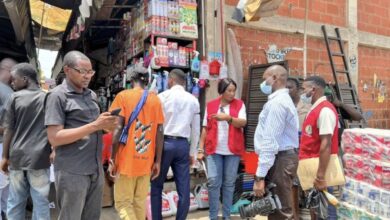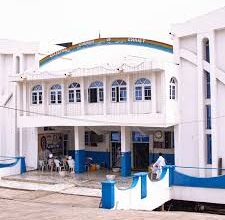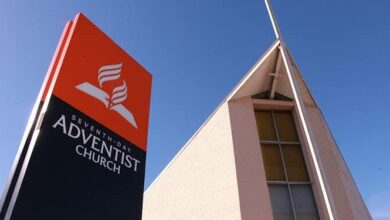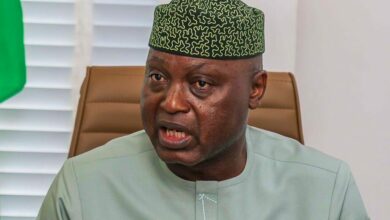
says bill now withdrawn
By Ologeh Joseph Chibu
In its attempt to clarify the controversial Bill criminalising self determination, the Speaker of the House of Representatives, Hon Tajudeen Abass has confirmed the reality of the bill.
In a statement made available to Irohinoodua and signed by the Special Adivser on Media to the Speaker, Musa Abdullahi Krishi, the Speaker said the
draft legislation which was at introductory stage has now been withdrawn.
The Bill imposes 25 year term on any one calling for secession or doing anything that threatens the unity of the country.
The bill had sparked outrage among many leaders of ethnic nationalities in Nigeria many of them dismissing the bill as a conscious attempt to Decree the unity of Nigeria by democratic force de jour. Many ethnic groups in Nigeria complain of marginalisation and exclusion from political and economic power equation.
Article 27 of the United Nations recognises the right to self determination while various conventions have long asserted the right of ethnic nationalities to determine their political and economic future.
Nigeria is a signatory to such treaties.
Nigeria’s unity in 1914 was by fiat, a development that continue to undermine the right of ethnic nationalities to determine their future.
Across the country are pockets of armed groups agitating for secession.
The Speaker however said the House welcomes robust discussions on the Bill, and how to address concerns
He said the lawmakers appreciate the interest Nigerians have so far shown on the Bill, which pertains to our national security.
He said it has become necessary to make clarifications.
He admitted that the Counter Subversion Bill, 2024 (HB. 1652) was introduced on the floor of the House of Representatives on Tuesday, July 23, 2024, with Speaker Abbas Tajudeen, Ph.D. as the sponsor. Thus, the Bill is still at the introductory stage.
He said the Bill falls within the realm of Nigeria’s anti-terrorism framework, and it seeks to address subversive activities by associations, organisations, militias, cults, bandits, and other proscribed groups in Nigeria.
According to him similar legislation obtains in other climes with varied appellations.
He listed such countries as the United Kingdom, Spain, India, Turkey, Canada, Australia, among others.
He said the House of Representatives, which is the People’s House, welcome robust engagements and discussions from Nigerians on the contents of the Bill, and how best to address the concerns raised.
According to him by Parliamentary processes and procedures, the Bill would have to be listed for Second Reading, where Members will thoroughly scrutinize its merits and demerits during debate. At this stage, Members can decide to ‘kill’ or allow the Bill to pass. But if it scales Second Reading, it would be referred to the relevant Committee of the House for further legislative action.
He said the Committee must as a matter of responsibility invite the Nigerian public, particularly relevant stakeholders, to a public hearing on the Bill. It is expected that citizens would bear their minds either physically or via memoranda on the Bill. Their inputs would form the basis for the Committee’s report, to be laid on the floor of the House.
“After the consideration of the report, the Bill will be passed for the Third Reading and forwarded to the Senate for concurrence. If the Senate deems it fit and concurs with the Bill, a clean copy would be transmitted to the President for assent. Mr. President reserves the right to withhold assent to the Bill” the Speaker said




